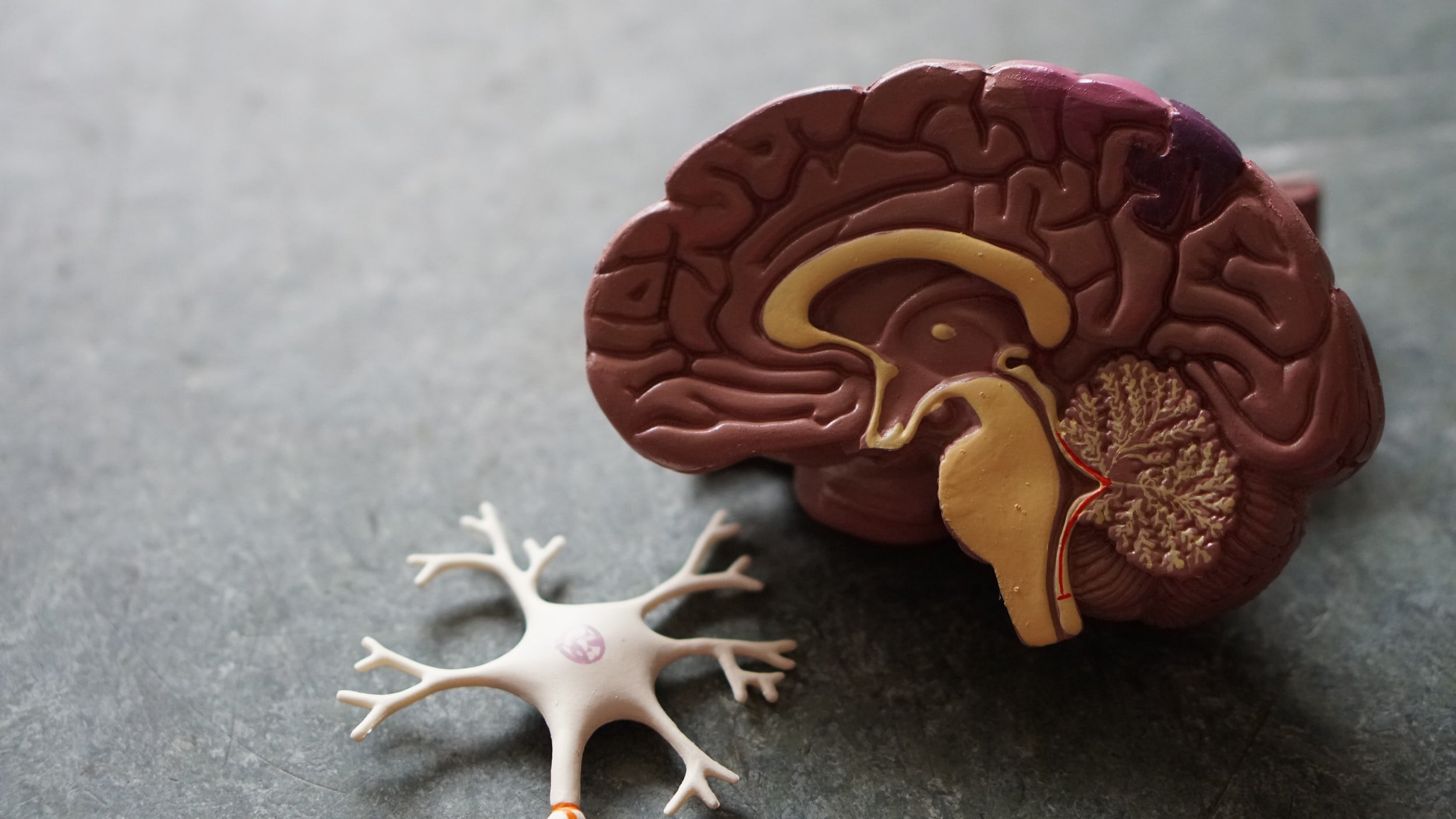The Gut-Brain Axis
Our gut and brain communicate with each other via something called the vagus nerve, using hormone, immune, and neurotransmitter signalling.
This relationship is bidirectional. Of course, we’ve always known that our gut can tell our brain things (e.g. eat something please!), but, more recently, complexities of this two-way relationship are being uncovered, including its role in gut microbial composition.
Stress has the biggest impact on our gut…you might notice your poo changes if you’re nervous about a performance or presentation…
Basically, if we’re stressed, our body goes into ‘fight-or-flight’ mode and tells our digestive system that our bodies have way more important things to do than digest our food.
This is ok if it’s just an occasional stressful episode in our lives, but more and more, people are experiencing chronic low-grade stress (thanks Covid/rising house prices/social media etc), leading our poor brains and guts to believe that they need to be on constant alert (meaning digestion will be constantly slowed down to conserve energy for the perceived ‘dangers’). This can lead to digestive issues like constipation, diarrhea and IBS, but can also wreak havoc on your microbial gut population, which we know can have pretty severe knock-on effects, both mentally and physically.
This is one of the many reasons why I believe in a holistic approach to health. Diet is amazing and is certainly a powerful tool for everybody in the prevention and treatment of a variety of conditions, but equally important is the way we eat, how we feel about what we eat, how much we exercise, how stressed we are, how much sleep we’re getting… Paying attention to all of this will support a healthy and functional bidirectional relationship between the brain and the gut, and your body will thank you for it.

